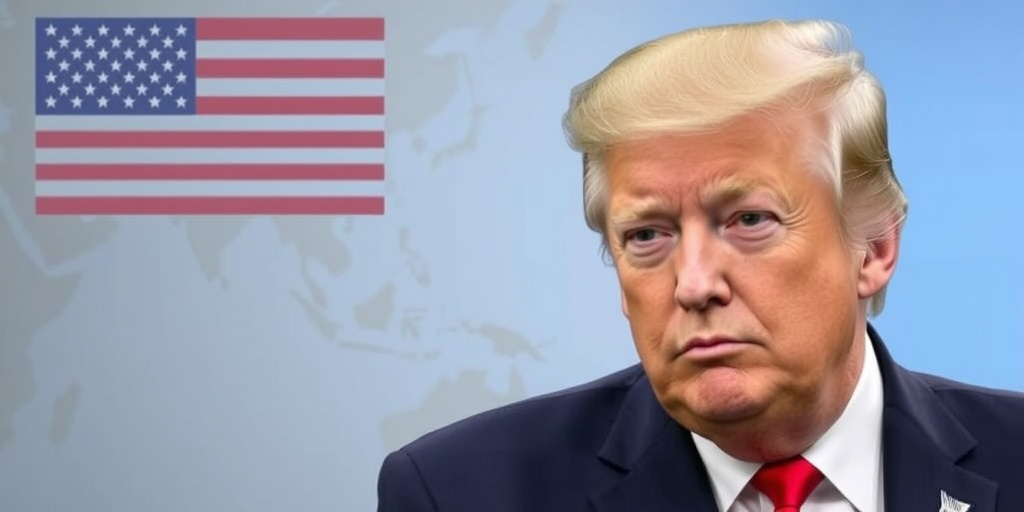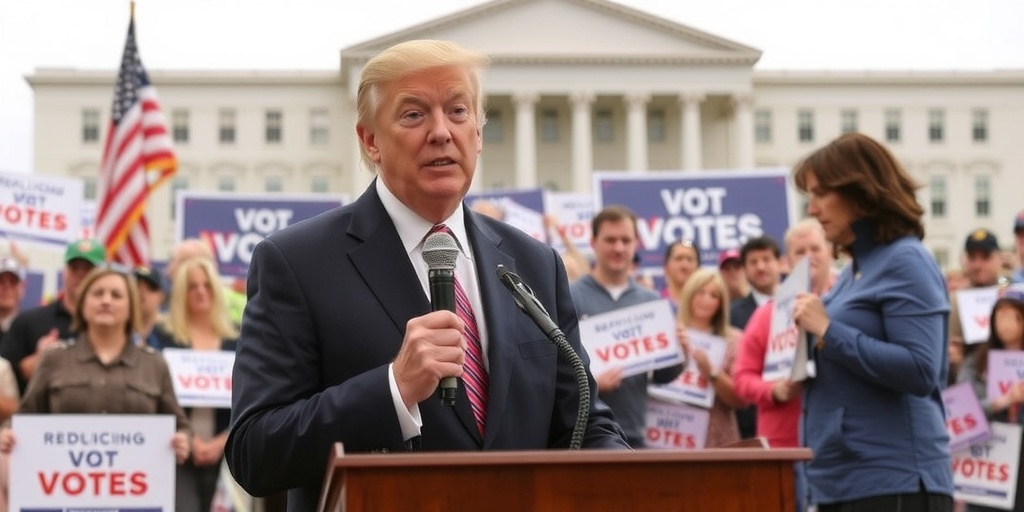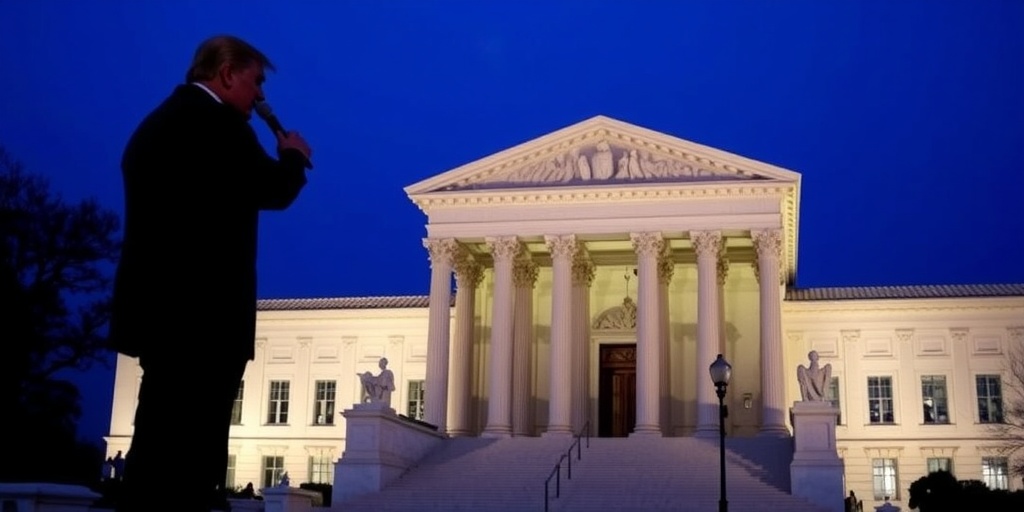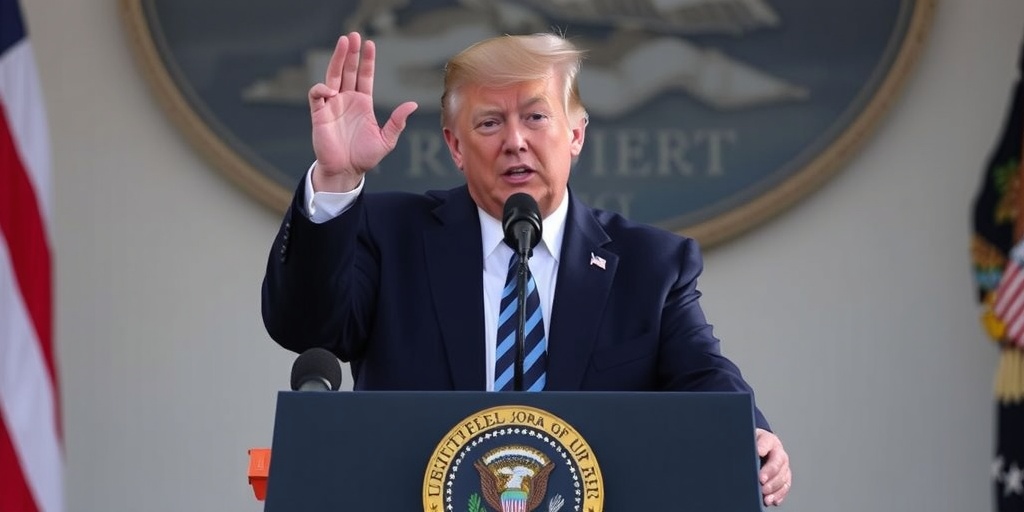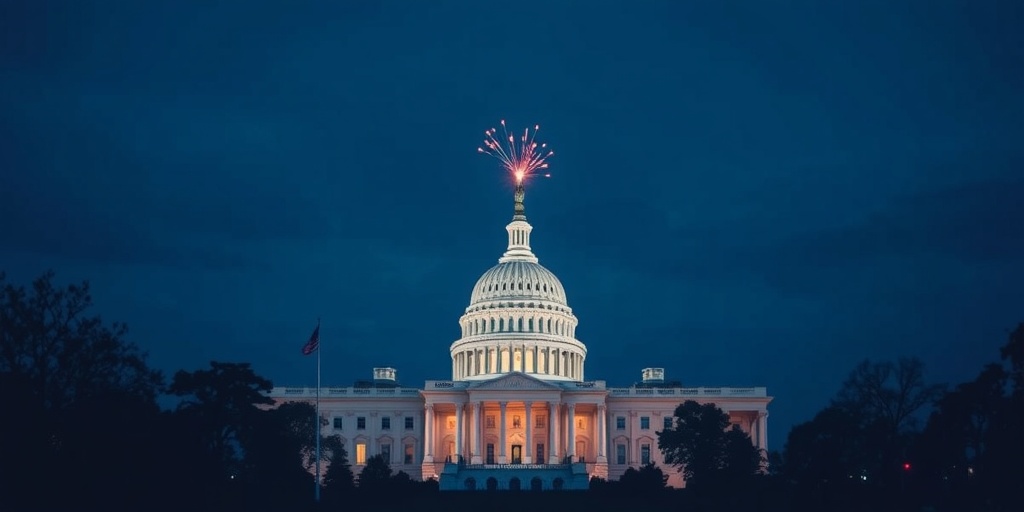Now Reading: Dr. Oz Appears Before Senators in Medicare and Medicaid Confirmation Hearing
-
01
Dr. Oz Appears Before Senators in Medicare and Medicaid Confirmation Hearing
Dr. Oz Appears Before Senators in Medicare and Medicaid Confirmation Hearing
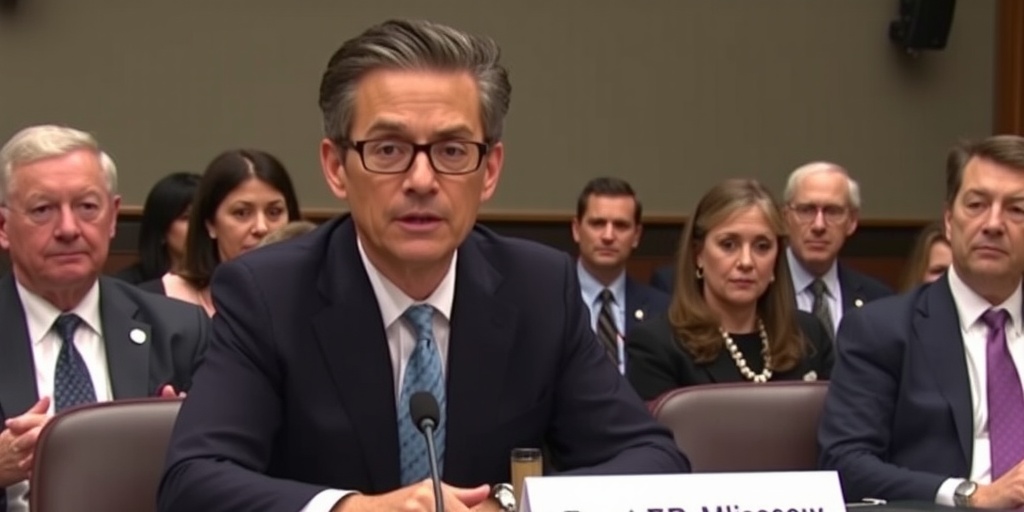
Dr. Mehmet Oz Faces Scrutiny During Confirmation Hearing for Medicare and Medicaid Oversight
Dr. Mehmet Oz, the renowned television doctor and cardiothoracic surgeon, is set to undergo a rigorous confirmation hearing this Friday. As a nominee tasked with overseeing Medicare and Medicaid, he is expected to face intense questioning from Democratic senators regarding his stance on crucial health care issues. The atmosphere is charged, especially with significant changes to these programs being contemplated by the Republican majority and the Trump administration, which could impact millions of Americans’ access to healthcare.
Recent discussions among Republican lawmakers and President Trump have centered around drastic reductions to health insurance coverage for low-income individuals. There is also a proposed shift towards greater reliance on private insurance plans for older citizens, stirring concern within the Democratic ranks. Dr. Oz, who gained fame through his daytime medical show, is widely believed to have the support necessary for his confirmation by the full Senate, despite the challenges that lie ahead in the hearing.
The upcoming hearing is one of the final confirmations for Trump nominees under the purview of Robert F. Kennedy Jr., the nation’s health secretary. It comes on the heels of Trump’s recent decision to withdraw the nomination of Dr. Dave Weldon for the position of head of the Centers for Disease Control and Prevention (CDC). Dr. Weldon’s views against certain vaccines were seen as a significant barrier, ultimately leading to his rejection.
Given the current public health landscape, it is likely that Dr. Oz’s opinions on vaccinations will draw considerable scrutiny during the confirmation process. Older Americans are particularly advised to receive certain vaccines to combat illnesses such as COVID-19, the flu, and pneumonia, highlighting the importance of Dr. Oz’s positions on immunization.
In addition to vaccine-related inquiries, members of the Senate Finance Committee are expected to challenge Dr. Oz regarding his extensive financial ties. Many of these connections could pose serious conflicts of interest should he head the agency. Dr. Oz has achieved substantial financial success through endorsing dietary supplements and other health-related products on television and social media, often benefiting from the exact companies that might be influenced by his confirmation.
In an attempt to diminish the perception of conflicts, Dr. Oz announced in February his intention to divest from over 70 companies and investment funds if confirmed, including major players like UnitedHealth Group, HCA Healthcare, and Amazon—each of which plays a significant role in the healthcare sector. His total business and family assets are believed to fall within a staggering range of $90 million to $335 million based on recent regulatory disclosures.
Democratic senators are particularly concerned about Dr. Oz’s support for Medicare Advantage, a type of private insurance plan for older Americans. These plans have faced considerable criticism for allegedly overcharging the government and denying necessary care to patients. Dr. Oz has close ties to companies involved in these plans, which have been accused of utilizing aggressive marketing tactics that could exploit vulnerable populations.
As the administrator of the Centers for Medicare and Medicaid Services, Dr. Oz’s decisions would play a crucial role in regulating the Medicare Advantage industry. His leadership could steer more individuals toward private plans rather than traditional government-provided coverage. Currently, Medicare serves around 68 million Americans, with over half of those enrollees relying on Medicare Advantage plans. Alarmingly, nearly seven million Medicare beneficiaries are under the age of 65.
Another critical area of concern is his approach to Medicaid, which provides health coverage to approximately 72 million low-income and disabled Americans. This population overlaps with many Medicare participants, complicating the healthcare puzzle further. Recent Republican discussions have suggested substantial cuts to Medicaid, potentially looking to save as much as $880 billion, which could significantly limit health coverage eligibility for many citizens and alter the financial responsibilities of individual states.
Senate Democrats are also probing Dr. Oz’s recent income tax filings, particularly to ascertain his compliance with Medicare tax obligations. As reported, the Office of Government Ethics conducted a comprehensive review of Dr. Oz’s finances during the standard vetting procedure, reassuring them that any possible conflicts had been resolved and that he remains law-compliant.
However, Senator Elizabeth Warren has voiced strong opposition, sending a detailed 28-page letter demanding clarity on his positions and potential conflicts of interest. Warren emphasized the necessity for a leader in such a pivotal role who prioritizes the interests of patients, providers, and taxpayers over personal profit from privatized healthcare initiatives.
Dr. Oz’s confirmation hearing will be a critical juncture in shaping the future of Medicare and Medicaid amidst a rapidly changing healthcare environment. With millions of lives at stake, the outcome of his approval will not only impact policy decisions but also determine the integrity with which healthcare is managed in the United States.
Stay Informed With the Latest & Most Important News
Previous Post
Next Post
-
 01New technology breakthrough has everyone talking right now
01New technology breakthrough has everyone talking right now -
 02Unbelievable life hack everyone needs to try today
02Unbelievable life hack everyone needs to try today -
 03Fascinating discovery found buried deep beneath the ocean
03Fascinating discovery found buried deep beneath the ocean -
 04Man invents genius device that solves everyday problems
04Man invents genius device that solves everyday problems -
 05Shocking discovery that changes what we know forever
05Shocking discovery that changes what we know forever -
 06Internet goes wild over celebrity’s unexpected fashion choice
06Internet goes wild over celebrity’s unexpected fashion choice -
 07Rare animal sighting stuns scientists and wildlife lovers
07Rare animal sighting stuns scientists and wildlife lovers













